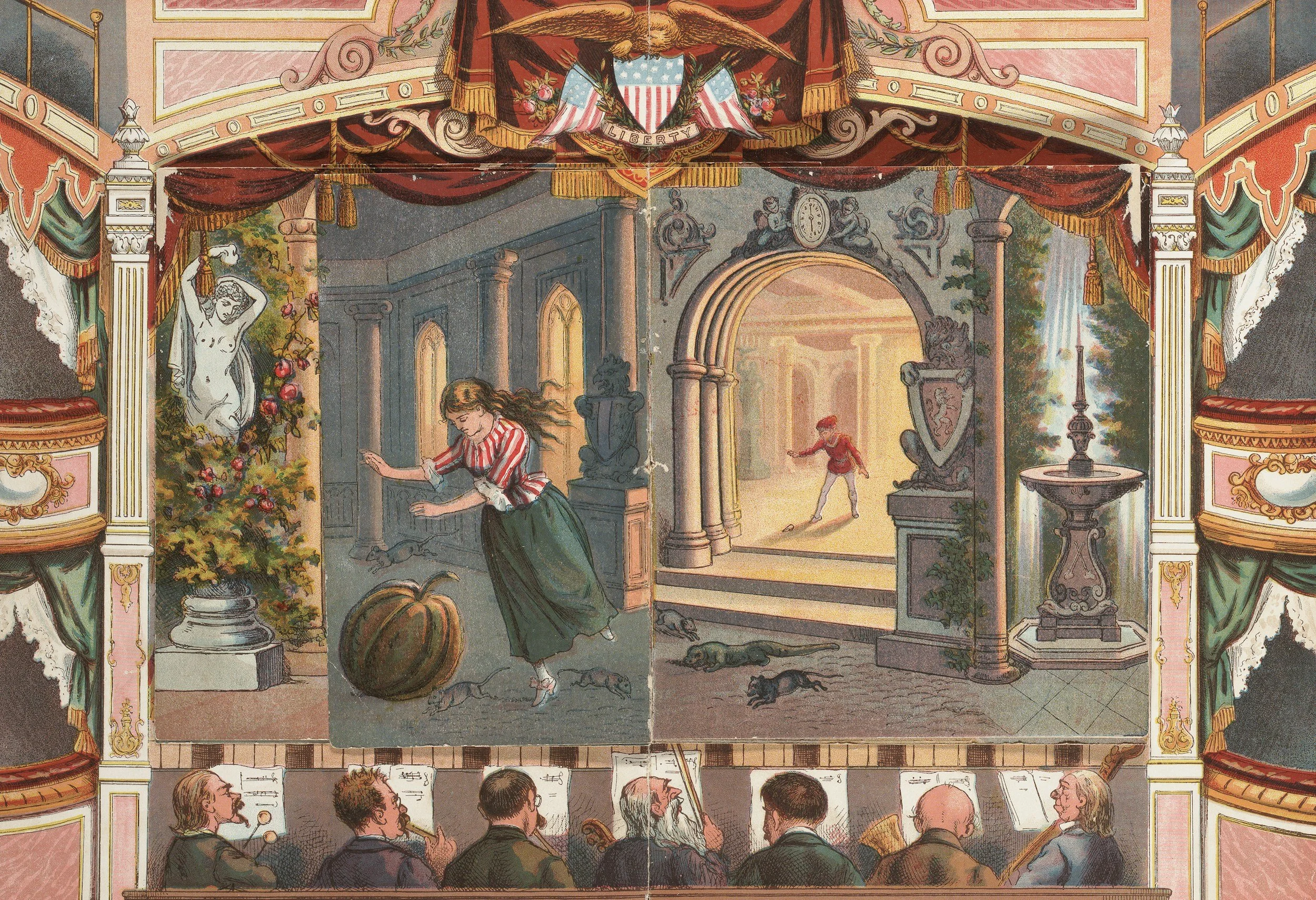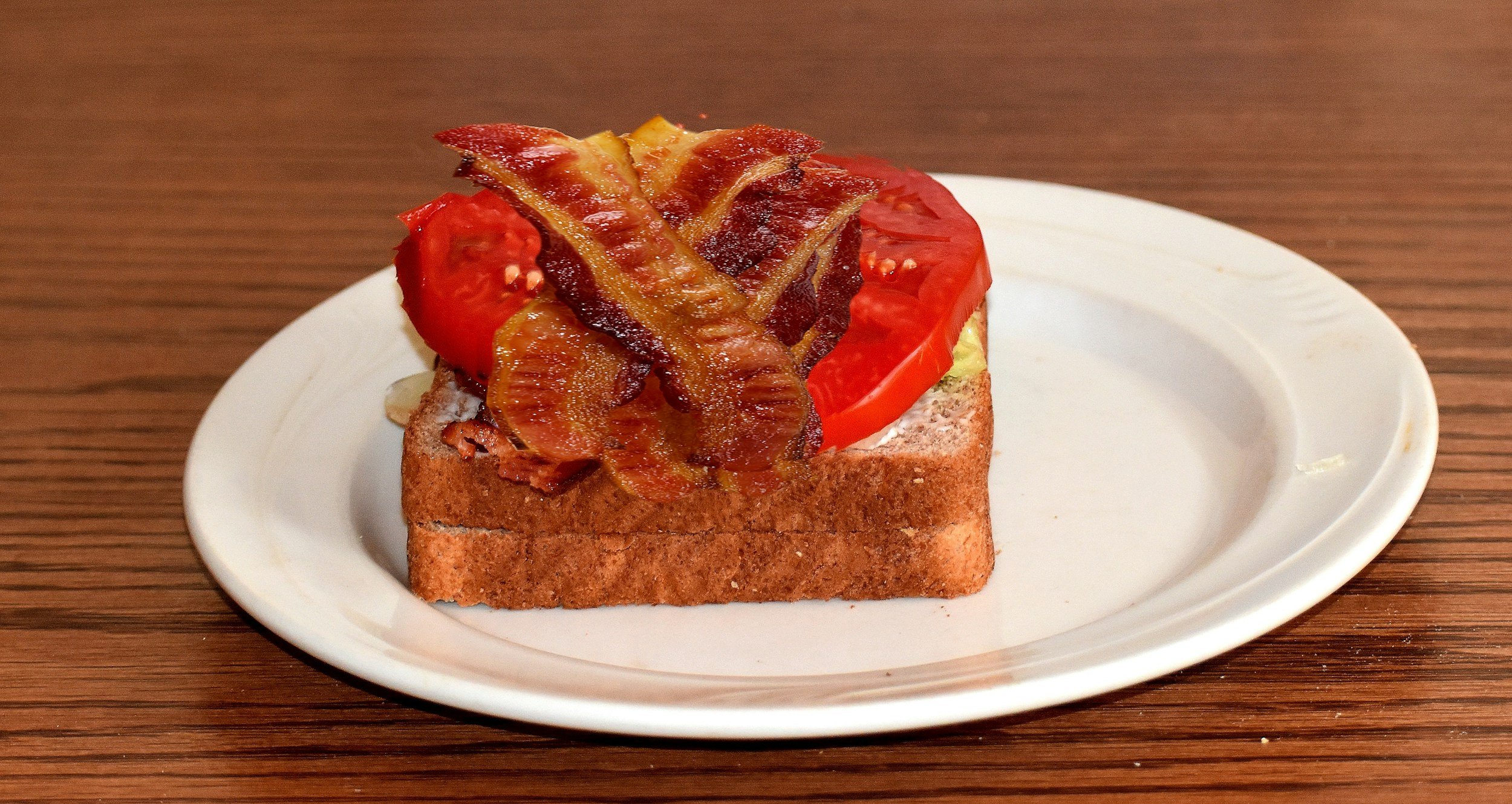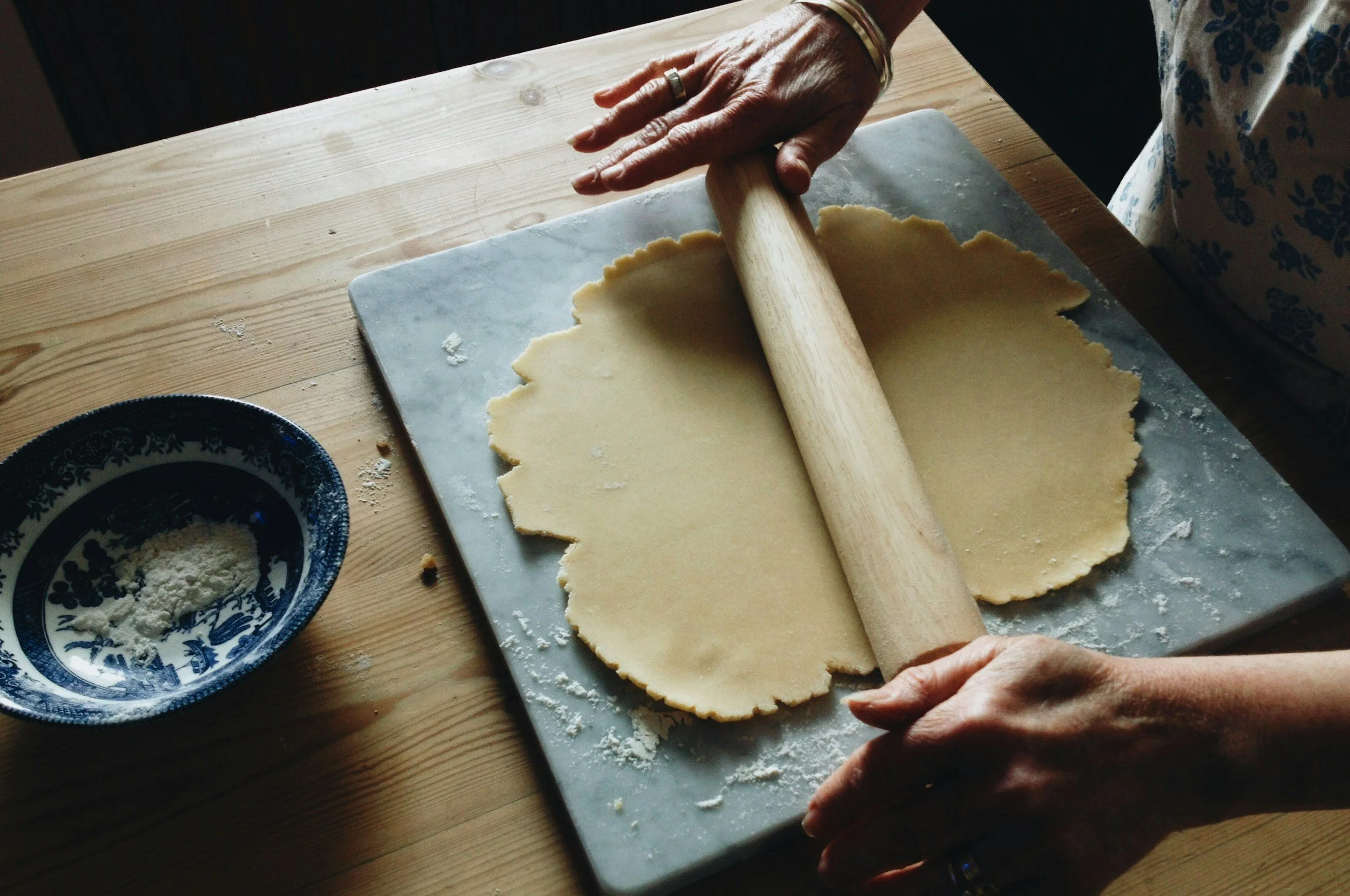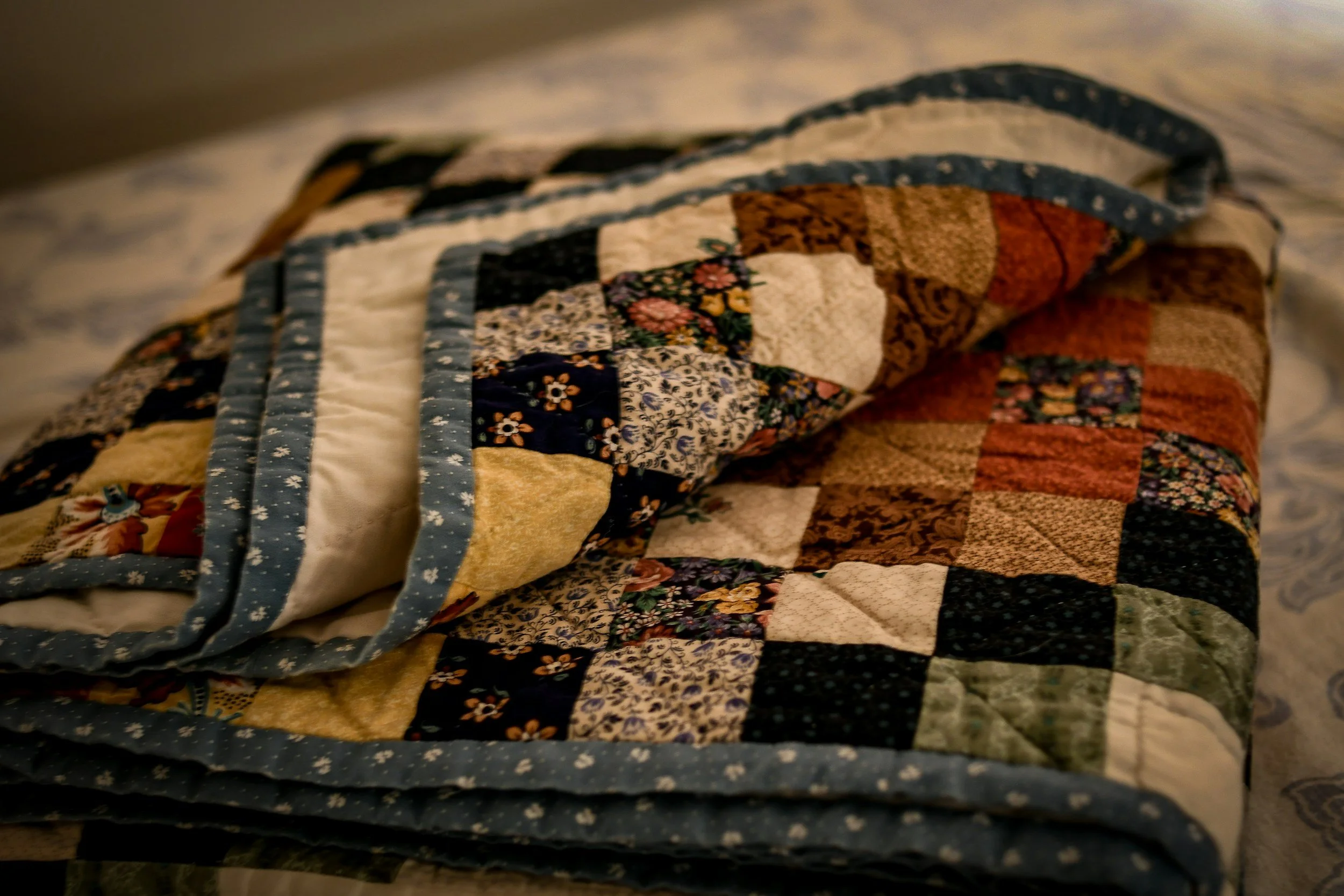The First Boy
The first boy was going to be called Wallace.
We had been married three years, and the only specific conversation we’d had about parenting was about twenty-four hours after the wedding: Me: “Do you want to have kids some day?” Him: “I guess so.” Me: “Okay, as long as I know it’s on the table.”
Yes, I had assiduously used birth control before; after, not so much. Still, I was very surprised—shocked wouldn’t be the wrong word—when my doctor confirmed that I was pregnant.
I was twenty-nine. I didn’t know what to feel, or what it would feel like. That first sonogram seemed other-worldly. At every twitch I thought I was feeling the first flutters, but when they began to come with regularity, the realness set in that I was at a different stage of being a woman.
I didn’t come from women who discussed these “female” things. A few years before when I'd discovered that I had a fibroid tumor, I found out that they ran in my family. (My mother’s hysterectomy in her thirties, when I was a teenager? Fibroids) So not one of my aunts or grandmothers were into romantic, nostalgic stories about childbirth. They were Black women, working; some widowed or divorced. They were amused that it had taken me so long to join their ranks, but they didn’t share wisdom.
So, I read every article I thought might be informative. I bought Our Bodies Ourselves. What to Expect When You’re Expecting. Dr. Spock. My husband was really into it. He went regularly with me to appointments, developing his own relationship with my doctor, which lasts to this day.
We started talking names. Names have always been important to me. When I’m writing, I can sometimes spend days deciding a character’s name and its meaning, and how that meaning relates to the character’s identity. I believe names should connect to family. Of big concern was our child-to-be’s surname. What flowed with that? After many discussions and almost arguments over gender picks, we decided on Wallace. It’s a name that’s a two-fer: Wallace, for a boy; Wallis, for a girl. My husband’s infamous Mississippi grandmother was originally a Wallace. We were in satisfied agreement.
The first six months passed without incident. I have always been slim by nature, and the monthly weigh-ins were startling to me. One twenty! One twenty-five! I looked like I’d swallowed a basketball. Around November, though (my due date was around the first of February), things changed.
The sonograms showed a slow-down in the baby’s growth. Not enough for major concern, but enough to take notice. In my innocence, I joked that because my New Orleans grandmother was only four-foot ten, maybe it was only genetics. My doctor began watching me closely, and I was uneasy with the attention. At that time neither she nor the male partner she’d taken on could tell us that there was anything of substance to be worried about.
Some weeks later, as Christmas approached, I went for my regular weekly check-up. It was with the partner—they were rotating seeing me at that point, which I learned was normal in case someone was unavailable when delivery time came.
My blood pressure apparently had spiked (I wasn’t aware), and I was sent directly from the office to the hospital for monitoring. I was on an IV overnight. They did an echocardiogram and another sonogram on the baby, concerned that he might be compromised. His measurements were now way off—he was estimated to weigh only a little over two pounds. The partner-doctor spoke to both of us in hushed tones, strongly suggesting that they do a C-section to deliver the baby. We were freaked.
We had questions. Would he be cognitively affected? They didn’t know. Were his lungs ready? Probably not. If I held out a few more weeks, would his chances be better? Unclear. He asked if we wanted a minster or priest, as if we didn’t already understand the gravity of what we were facing. I had a (maybe unfounded) certain level of distrust of the way he communicated with us. I so badly wanted my female doctor to be the one walking me through all this. We felt pressured to choose one risky proposal over another, on the spot. We declined, telling him we had to think. It must have been a Thursday or Friday; I went home with a Monday check-up scheduled.
I did call for back-up then. Spoke to both my parents. We spoke to my mother-in- law. They were supportive of whatever we wanted to do, but did not attempt to intervene or hold us hostage to any religious beliefs. Yet, our impending decision seemed both parental and moral. How to give our child the best chance? What would be the consequences if we made the wrong decision?
Honestly, as I write this, I cannot remember what conclusion we’d come to. That Monday when I went to the office, my regular doctor was back. And when she examined me, eight months pregnant, she could not find a heartbeat.
She asked me about movement, and I felt confused, stupid. How could I not be sure what I’d felt, or when I’d last felt it?
He was gone inside me.
I was stunned. We were stunned.
Her practical compassion is one of the reasons I love her still. I could have the C- section, she advised. I was shy of surgery. Or, she could induce labor, and he would be stillborn. The idea may seem brutal, and the experience was, but that was the choice we made. And a couple of surreal days later I was back at the hospital, my husband beside me, my doctor close.
That day ranks as one of the three worst of my life. I distinctly remember the pain, the desolate knowledge that there would be no happy result.
I remember holding Wallace, staring in wonder at his tiny face. The image of his face has stayed with me clear as it was that day, December 30, 1986. Well over thirty years ago.
After, there was the why. Damned fibroids: three were visible afterward, and my doctor determined that the umbilical cord had attached right near one. As Wallace grew, so did that fibroid, ultimately siphoning off the nutrients he needed.
My doctor was optimistic that she could remove the fibroids while keeping my uterus intact for another possible pregnancy.
To a couple who’d initially referenced becoming parents so casually, this was a lifeline. We agreed. She used laser surgery to remove the three tumors. It’s called a myomectomy. My husband said she told him the largest one was the size of a fist, covering almost one entire side of my uterine wall. She patched that up, somehow.
I recovered. My body recovered. We recovered, not easily.
Wallace didn’t just make us parents. Wallace showed us how much we really wanted to be parents. Long before the word “mindful” became a catchphrase, my husband and I also determined that, should we get another chance at it, we would be full-in, conscious and aware of the gift we’d received, every step of the way.
O, Wallace! child unexpected;
perhaps a trajectory corrected
by so sudden a great gain
and suddenly a greater loss
-Denise Lewis Patrick
Denise Lewis Patrick is a Louisiana native transplanted to New Jersey. She’s written fiction, non-fiction and poetry for all ages. Her most recent published work includes the Y/A short story collection, A Matter of Souls; a middle grade novel about Hurricane Katrina, Finding Someplace; and the picture book, Justice Ketanji, the Story of Supreme Court Justice Ketanji Brown Jackson. She’d currently working on an adult collection of short stories and a memoir of essays and poems about the loss of one of her adult sons.



















